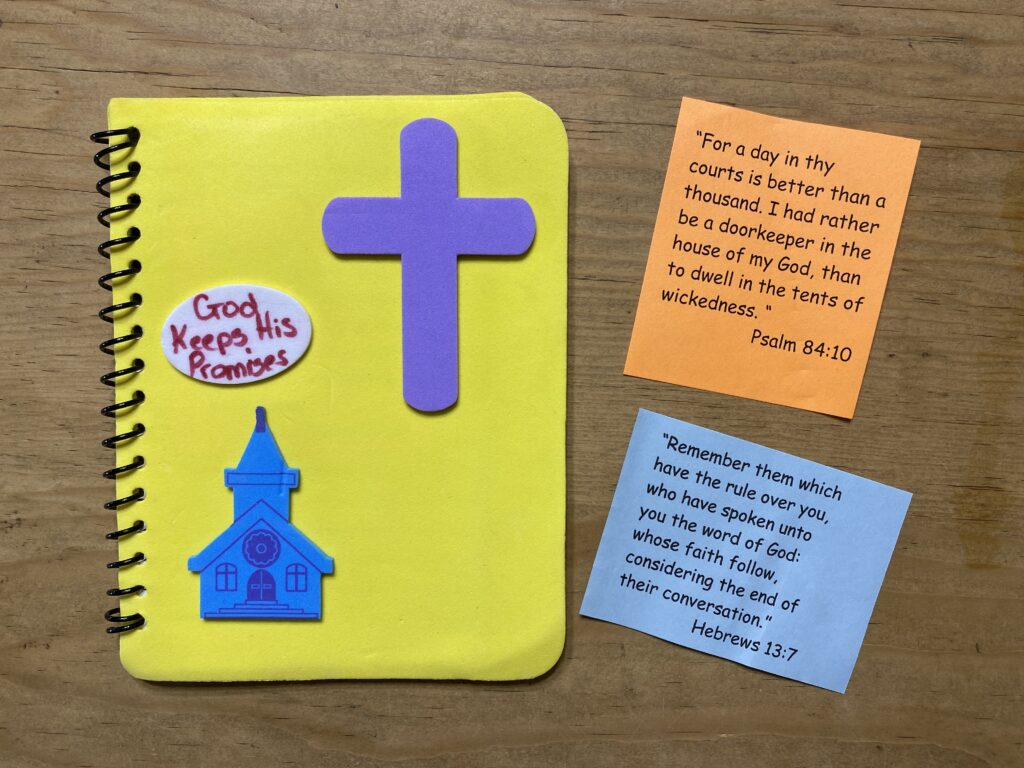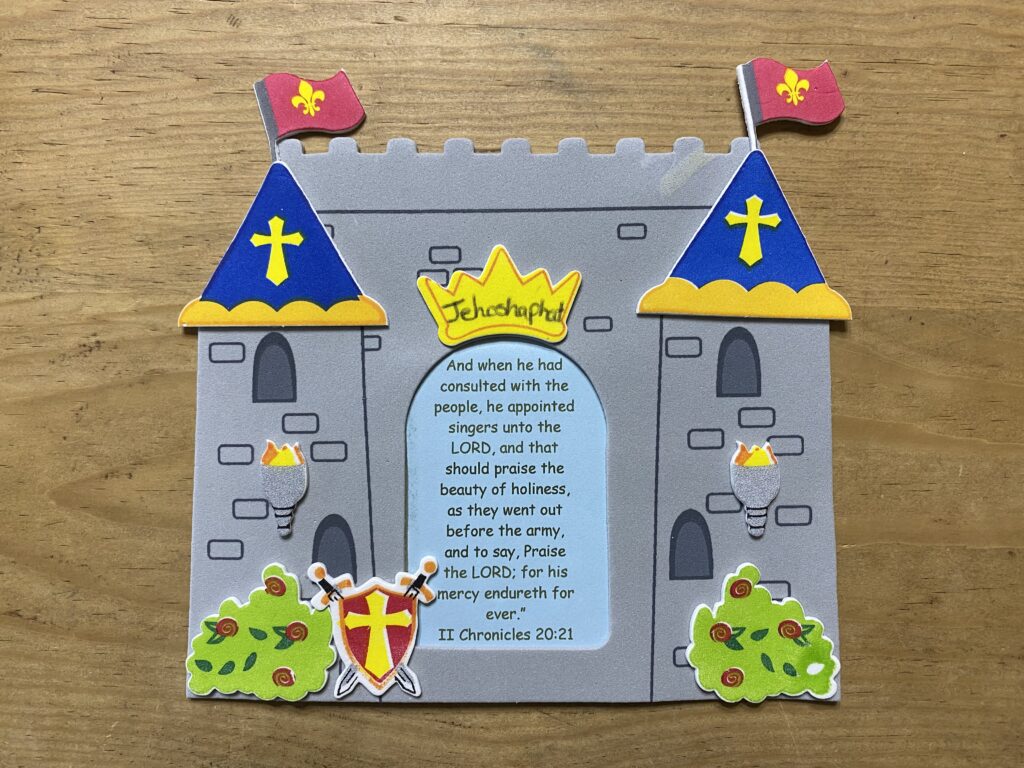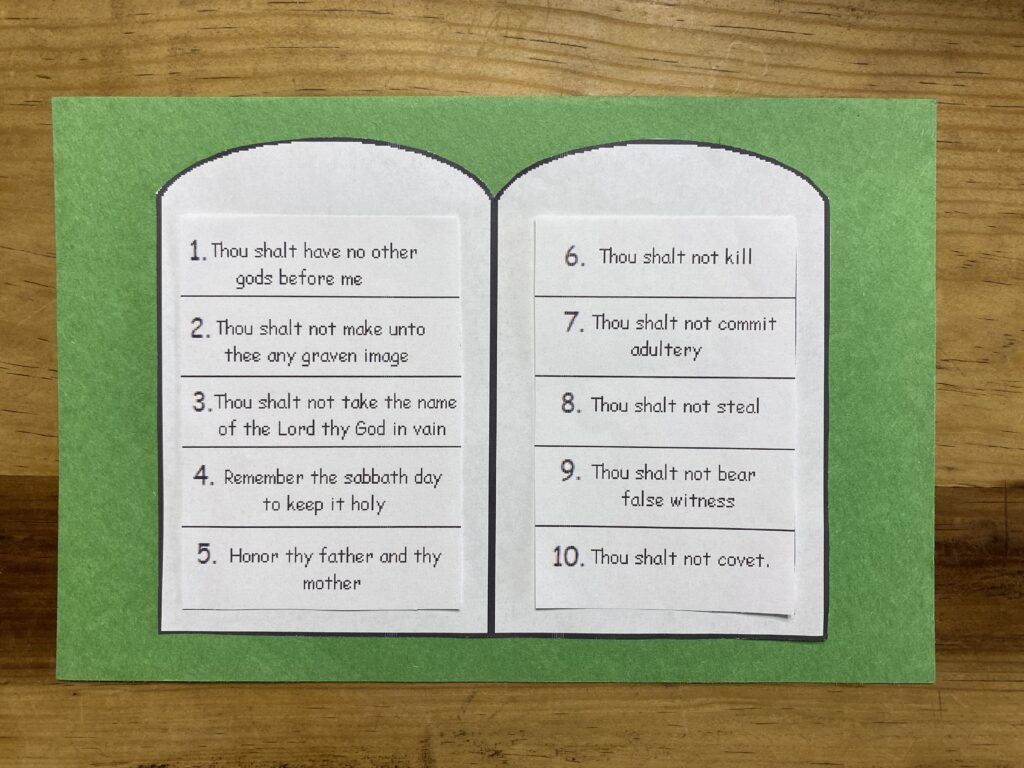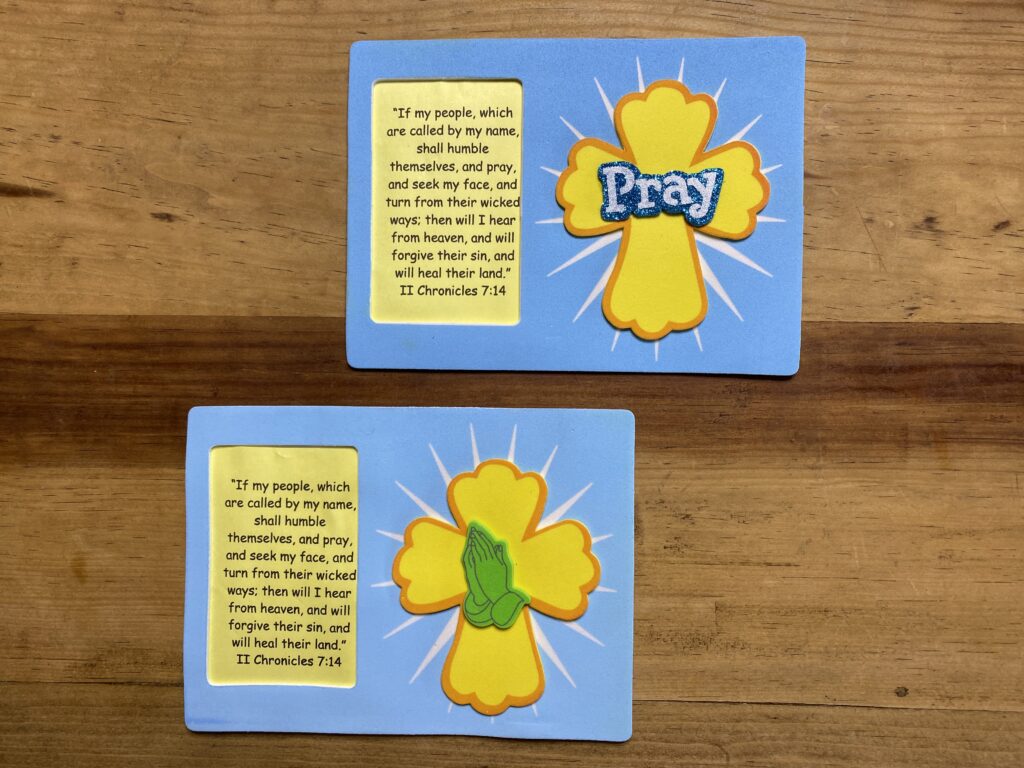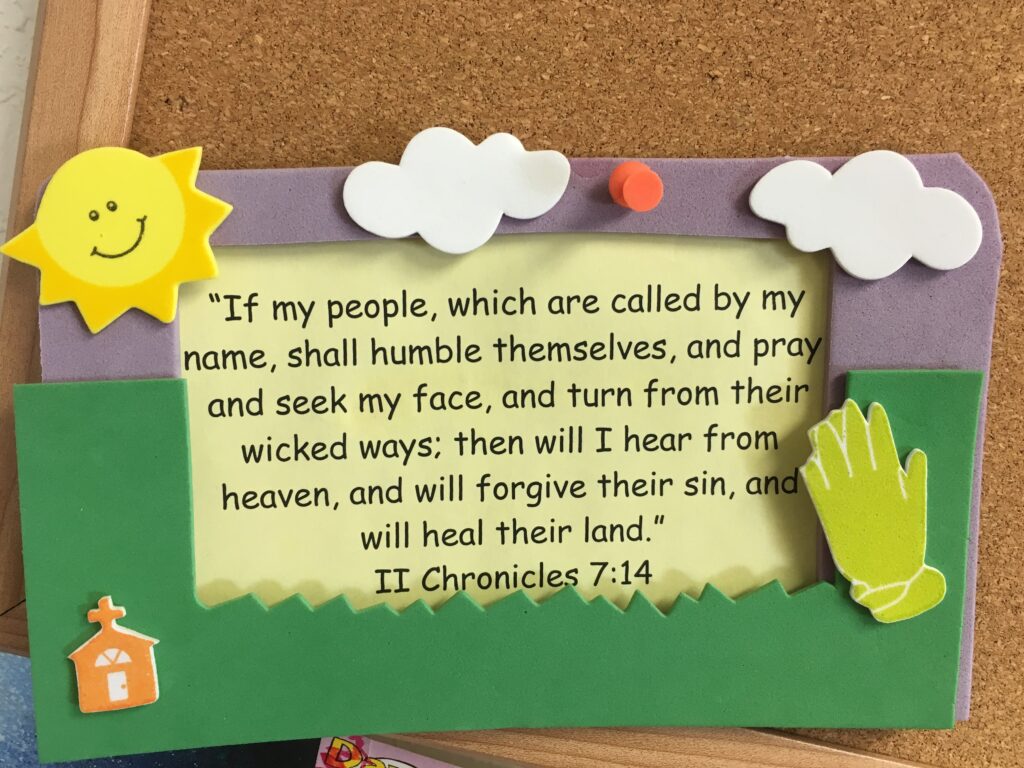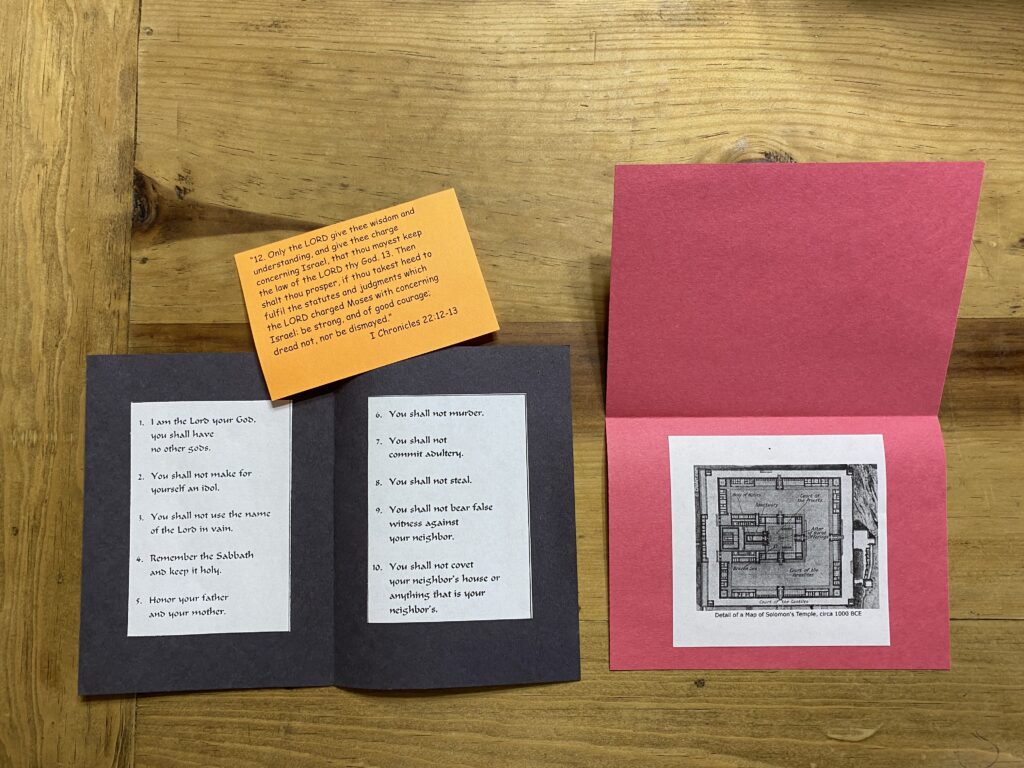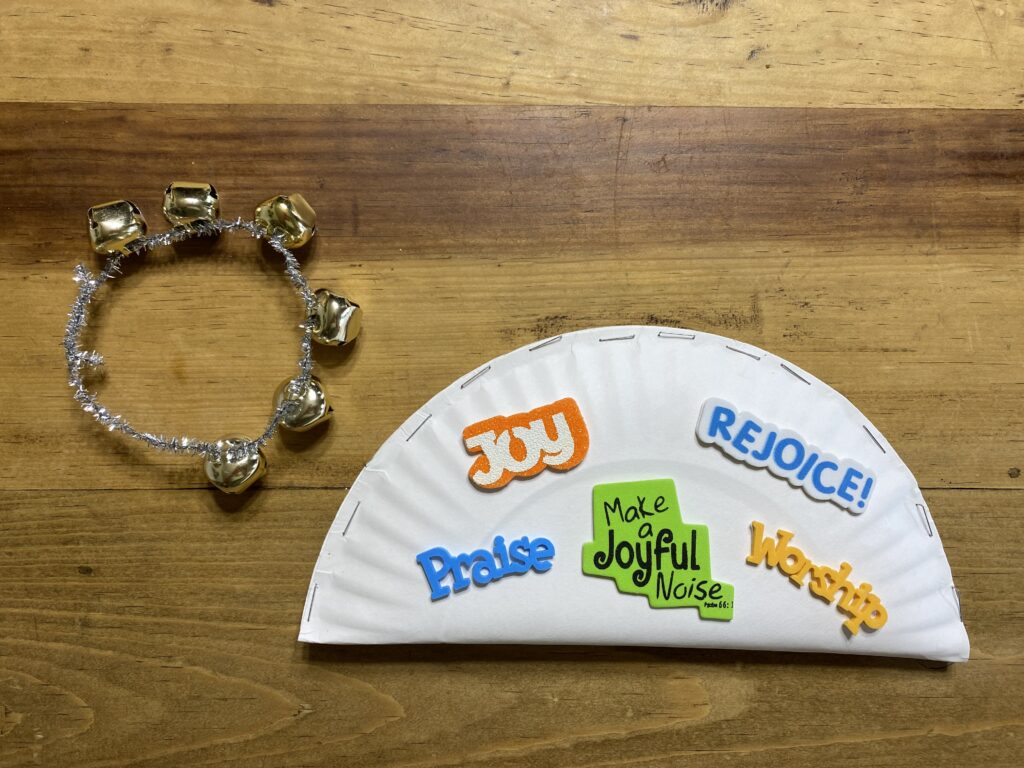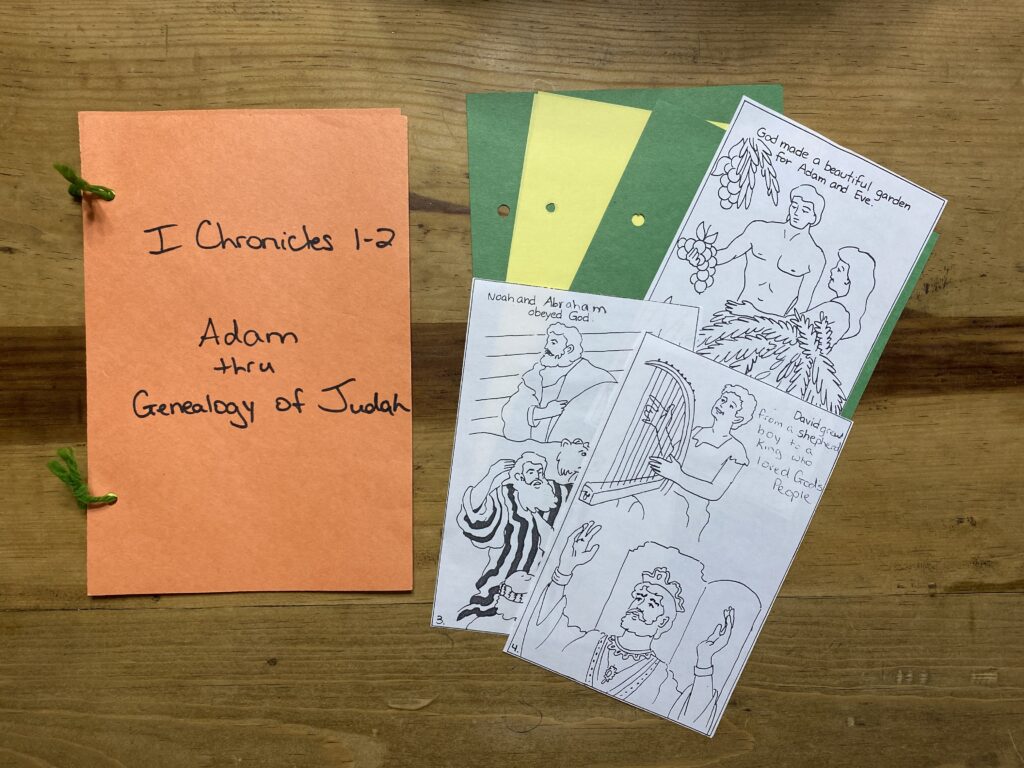
Key Verse
If we confess our sins, he is faithful and just to forgive us our sins, and to cleanse us from all unrighteousness. —1 John 1:9
Key Verse Thought: Read today’s Key Verse. Do you know what it means to confess (means “to admit; to confess your guilt exposing yourself for punishment”)? God will forgive when we confess our sin.
Emphasis: We are to recognize the destruction sin does, not only to a nation, but also to each life. We are to place our hope in Christ, obeying and pleasing Him, not the things of this world.
Lesson Summary: We need to remember what we have learned about Judah so far: after King Jehoshophat, the nation of Judah had a time of bad kings. King Jehoram (King Jehoshaphat’s son) married wicked King Ahab’s daughter, Athaliah. He too, was a wicked king. Jehoram’s son, Ahaziah, was yet another wicked king. He had only reigned one year when Jehu killed him (when he was visiting the king of Israel, Jehoram). When King Ahaziah’s mother, Athaliah, heard her son was dead, she made herself queen – killing all of the seed royal (except for one that was hidden – Jehoash). During this time of wicked kings, we learned that the house of God had become in great disrepair. When Jehoiada the priest revealed Jehoash as king of Judah, wicked Queen Athaliah was killed and the house of God was repaired. This is most likely the time that the book of Joel took place.
The book of Joel begins with, “The word of the LORD that came to Joel ….” Joel prophesied to Judah during the reign of Jehoash (Joash) that began in Second Kings chapter twelve. As we study, we will find that God directs His Words to the priests and the elders (remember that Jehoash was only seven years old when he became king, and Jehoiada the priest counseled him). God spoke, and Joel relayed God’s message to the people. After seeing a plague of locusts, Joel warned of a coming invasion that he compared to that plague of locusts. Just as a plague of locusts completely destroys everything in its path, so the enemies of God would do to His people unless they repented of their sins against God. Joel called for the people to repent.
Joel continued his cry with an alarm warning of the “day of the Lord.” God’s people would be taken captive, but when they repented, God would restore the years that the locust had eaten. God’s judgment would fall upon the enemy nations and hope would once again be restored, and Judah will dwell forever.
Y2Q2 – Lesson 10 Children’s Worksheets
If you choose to do a craft with younger children, the following is an idea:




